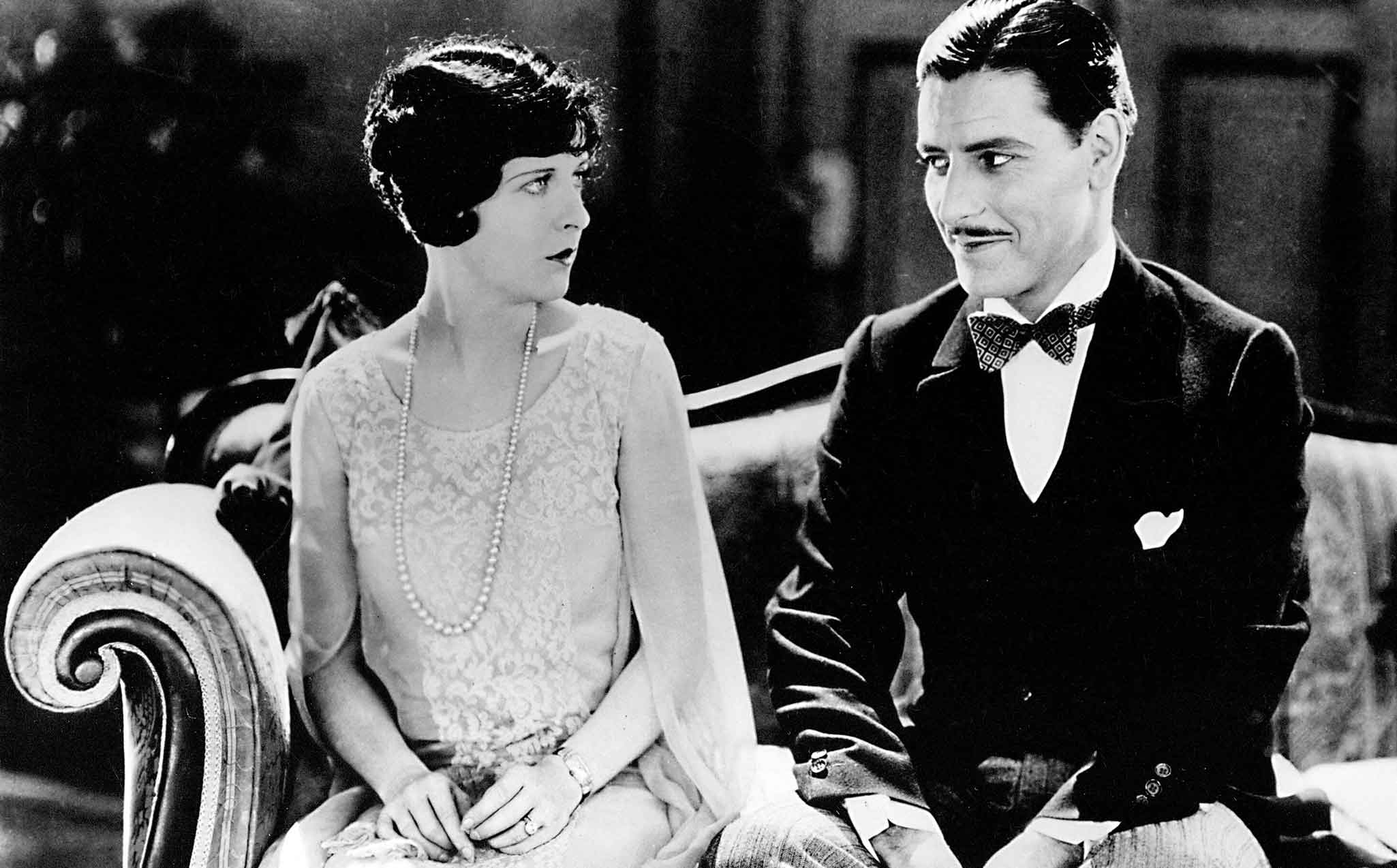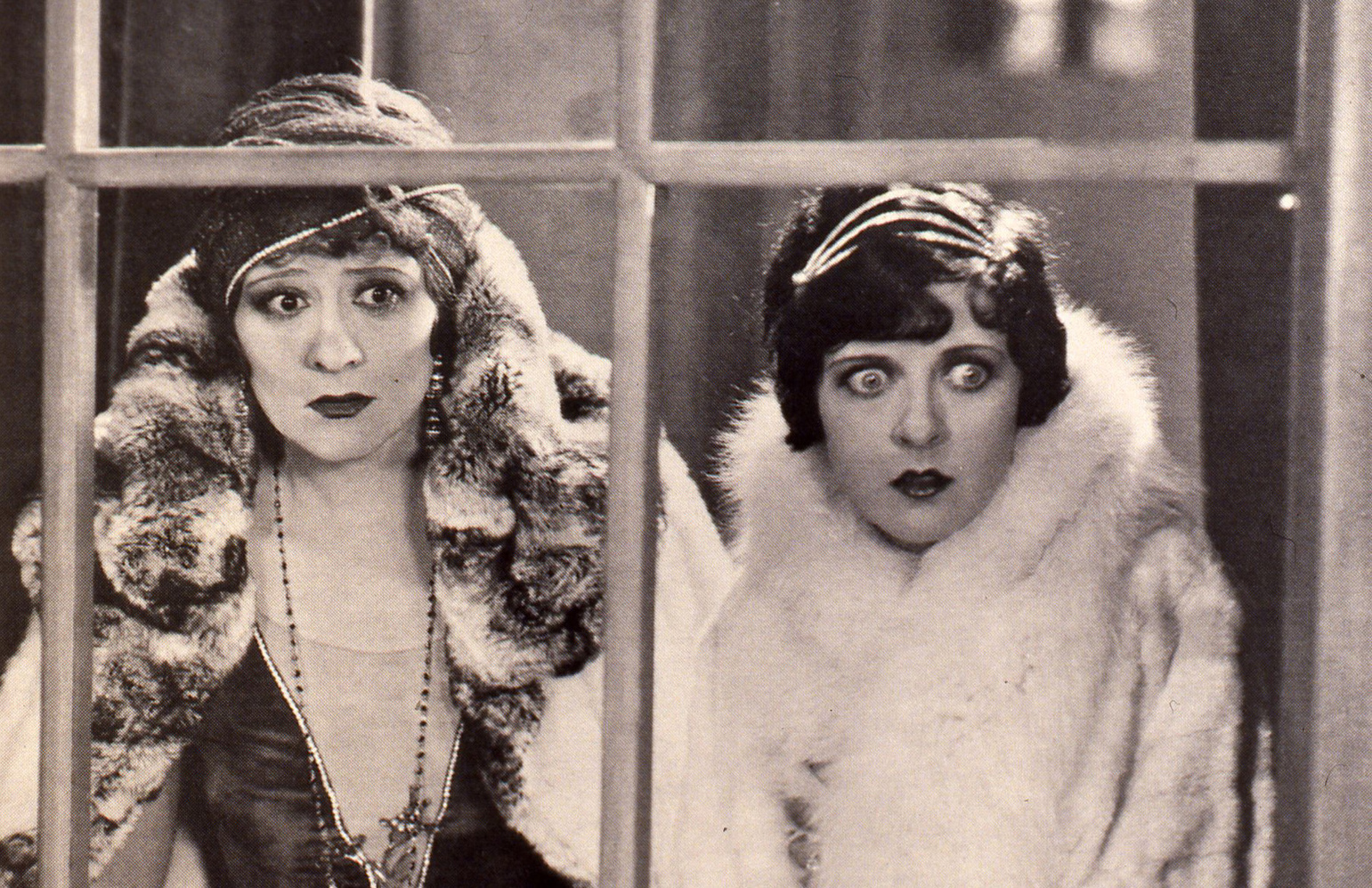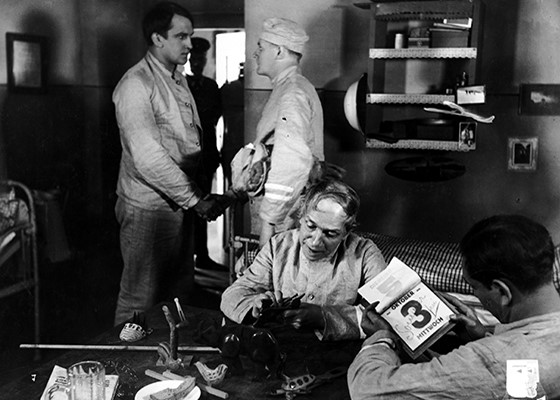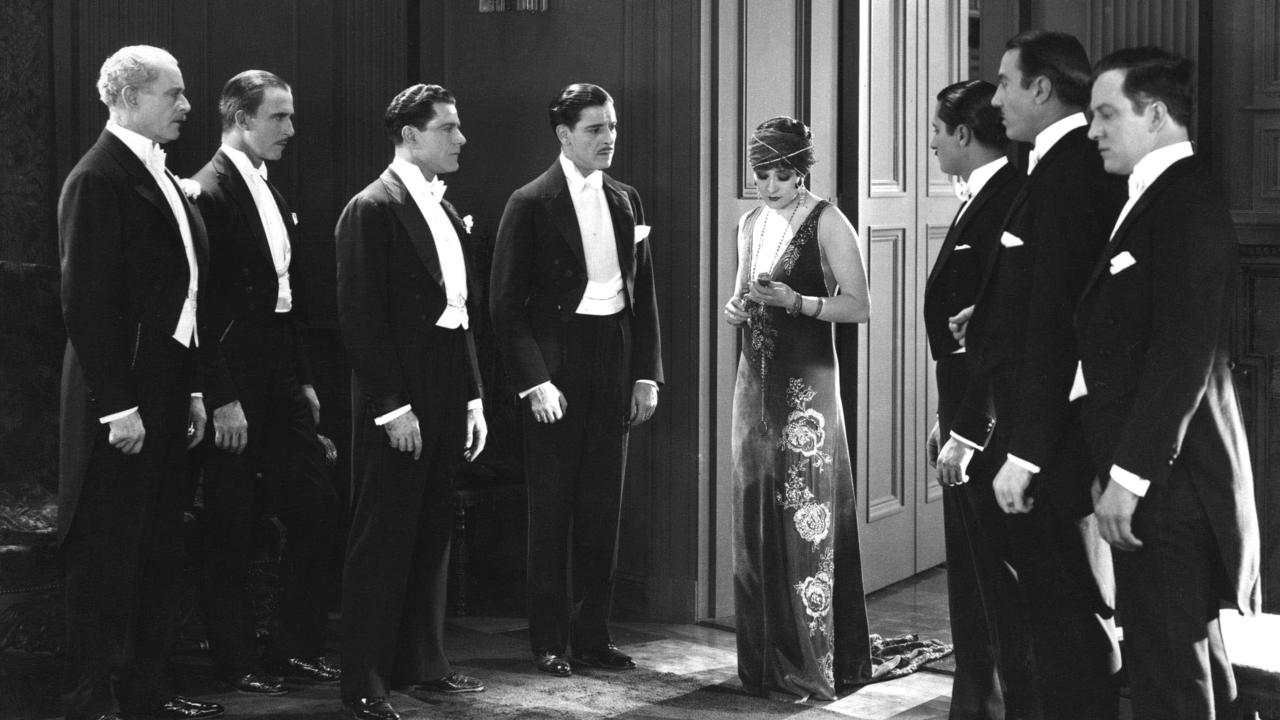Saturday night marked the return of the annual A Day of Silents program at the Castro, one of the many events the San Francisco Silent Film Festival hosts outside of its weeklong extravaganza in the spring. I was only able to catch the evening double bill – missing out on the very silly-looking The Last Man on Earth, Henry King’s dark pastoral Tol’Able David, the Ivor Novello-starring The Rat, and, saddest of all, Reiniger’s Prince Achmed, one of the earliest entries in the Counter-Programming series — but it was, as usual, delightful.
First up was a screening Ernst Lubitsch’s Lady Windermere’s Fan, his witty 1925 silent film treatment of Oscar Wilde’s classic. There’s something delightfully perverse about the very notion of presenting a silent Wilde, jettisoning the epigrams while presenting visual interpretations that still somehow capture the tone.

Lubitsch was, unsurprisingly, the right man for the job, no matter how much anxiety he caused the Warners. (“HIS PICTURES GREAT BUT SUBTLE,” worried Harry. No particular love seems lost on Lubitsch’s side, either, according to anecdotes relayed prior to the screening; forced by the brothers to cast Ronald Colman in the lead, on loan from Samuel Goldwyn, the director would apparently berate him on set: “Here comes Colman across the room, courtesy of Samuel Goldwyn.”) The film is both elegantly staged and light on its feet – both requirements for anything “Wildean” — and, as Monica Nolan writes in the program:
Wilde’s play gave Lubitsch the perfect excuse to explore his favorite themes: wobbling marriages, the farcical pursuit of love, and the sexually aggressive woman who tramples on society’s strictures and goes her way unpunished. Wilde’s dialogue was beside the point.
 As the first silent Lubitsch I’ve seen, the highlights included visual jokes that easily could’ve been found in Trouble In Paradise and other later films: quick comic reaction shots, coyly raised eyebrows, misdirection, enormous doors that dwarf the players passing through them, an elaborate racetrack setpiece in which binoculars and other visual devices play a central role, with watchers and watched framed by their surroundings, occasionally trading places in a whole panopticon of high society nonsense. There’s no shot out of place here, and many have huge comic payoffs. Just masterful, slyly subversive filmmaking, beautifully presented on the Library of Congress’ 35 mm print and accompanied by the Mont Alto Motion Picture Orchestra.
As the first silent Lubitsch I’ve seen, the highlights included visual jokes that easily could’ve been found in Trouble In Paradise and other later films: quick comic reaction shots, coyly raised eyebrows, misdirection, enormous doors that dwarf the players passing through them, an elaborate racetrack setpiece in which binoculars and other visual devices play a central role, with watchers and watched framed by their surroundings, occasionally trading places in a whole panopticon of high society nonsense. There’s no shot out of place here, and many have huge comic payoffs. Just masterful, slyly subversive filmmaking, beautifully presented on the Library of Congress’ 35 mm print and accompanied by the Mont Alto Motion Picture Orchestra.
The final screening of the night was the Weimar-era Tenzenfilm / “social awareness picture” Sex In Chains, which, it should be noted, isn’t nearly as scandalous as the English-language title would suggest. (The original German Geschlect is a much better fit than “sex”, but close enough, I guess.)
Directed by and starring William Dieterle – who would go on to an Oscar nomination for The Life of Emile Zola in 1937 and quasi-blacklisting for films like Blockade (and, one assumes, co-founding the antifascist publication The Hollywood Tribune) – Sex In Chains is a strange creature. Based in part on the prison memoirs and agit-prop of Karl Plättner, it’s an appeal for institutional reform, an outraged, melodramatic cry against the indignities of incarceration that deprive inmates of their basic sexual needs. To make this case, unfortunately, it basically argues that jail gay-ifies you.
 Still, it could be much worse. Dieterle and the cast don’t treat homosexuality as either inherent to the system (the protagonist’s cellmate-turned-lover was apparently already gay before he entered the frame, for one thing) and there’s no condescension to be found. In fact, the depiction could hardly be more sympathetic – in some ways, Sex In Chains is simply a doomed love triangle between a man, his wife, and his lover by circumstance, well-acted, occasionally Expressionist, and ultimately fairly unforgiving in its narrative. The Weimar open-mindedness towards all things sexual – seen in much more risqué, passionate fashion in something like Different From The Others and the work, more generally, of Magnus Hirschfeld – largely overshadows the tepid, dubious premise of jailhouse desire.
Still, it could be much worse. Dieterle and the cast don’t treat homosexuality as either inherent to the system (the protagonist’s cellmate-turned-lover was apparently already gay before he entered the frame, for one thing) and there’s no condescension to be found. In fact, the depiction could hardly be more sympathetic – in some ways, Sex In Chains is simply a doomed love triangle between a man, his wife, and his lover by circumstance, well-acted, occasionally Expressionist, and ultimately fairly unforgiving in its narrative. The Weimar open-mindedness towards all things sexual – seen in much more risqué, passionate fashion in something like Different From The Others and the work, more generally, of Magnus Hirschfeld – largely overshadows the tepid, dubious premise of jailhouse desire.
All in all, a terrific evening at the movies, courtesy of the good folks with SF Silent Film. The 2018 Silent Film Festival proper kicks off May 30th, with the schedule announced in March. (Before then, the Castro will also be hosting Noir City Xmas, “a double-feature of rare noir-stained 1940s’ yuletide films to darken your spirits,” and, yes, of course I will be there.)

